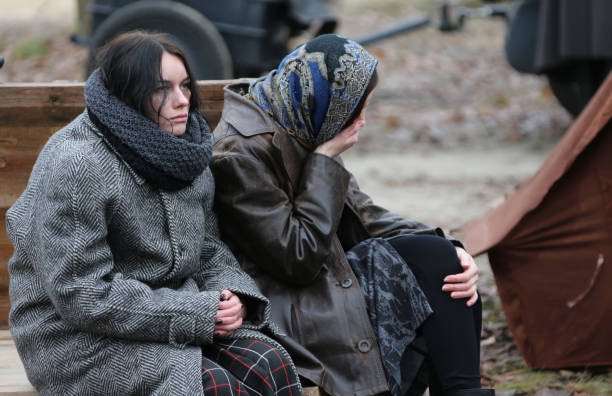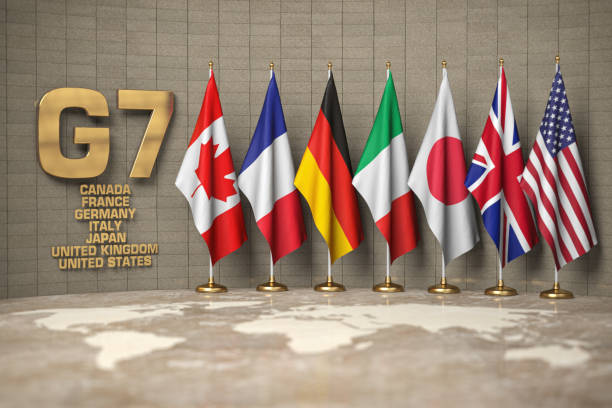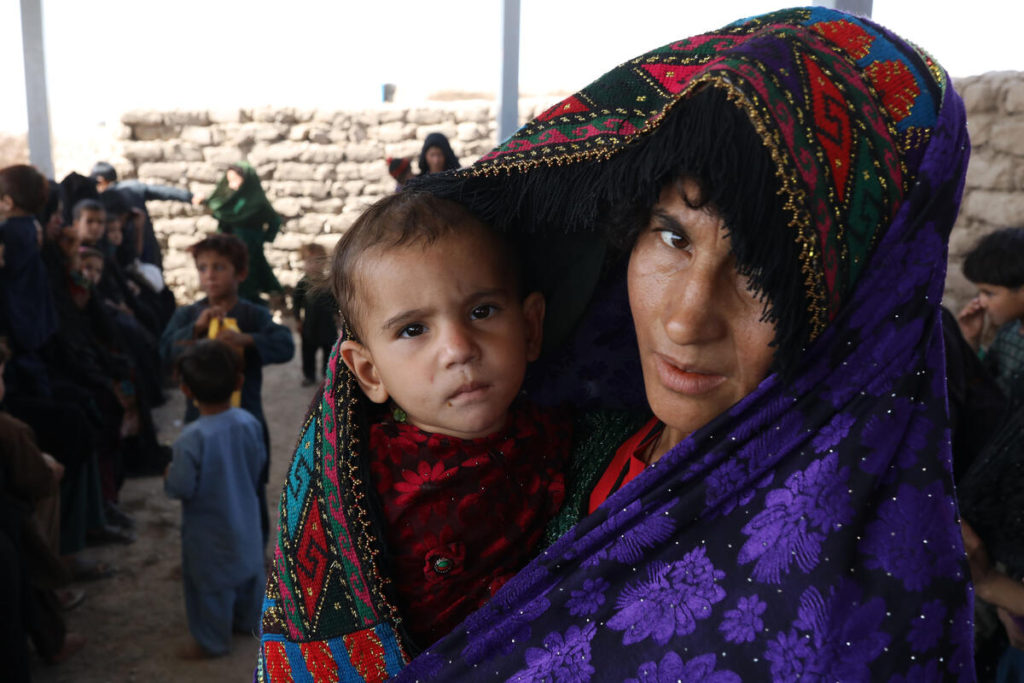UN: Accelerate action to fight climate change, biodiversity loss and pollution
Stockholm/New York, June 2 – The United Nations has called for accelerating progress made in the past 50 years to protect planet earth’s environment as promises have not been kept and nations now face the triple crises of climate change, biodiversity degradation and pollution.
At the June 2-3 international conference in Sweden’s capital titled, “Stockholm+50 : A healthy planet for the prosperity of all – our responsibility, our opportunity,” and co-hosted by Sweden and Kenya, thousands of participants are attending, including UN and government officials as well representatives from civil society. They planned to hammer out an effective program to achieve a set of Sustainable Development Goals by 2030.
The UN said the conference will be organized around plenary segments , three leadership dialogues and side events that will focus on the importance of multilateralism in tackling the triple planetary crisis. It will also reinforce the outcomes of the fifth UN Environment Assembly , which took place earlier this year in Nairobi.
In 1972, Sweden organized the first-ever Conference on the Human Environment and launched UN efforts to promote a green and healthy environment. The UN then created an environmental program agency to support those efforts. Organizers said the current conference took place at a time the world needs effective action to save the environment while it is dealing conflict, the pandemic, food prices and persistent inequalities.
The 113 countries that attended the 1972 conference adopted the Stockholm Declaration and Action Plan for the Human Environment , which placed environmental issues at the forefront of international concerns.
“The crisis for our environment and climate affects people all around the world. The developed countries are the ones who pollute and have polluted the most. But the poorest are hit the hardest,” Prime Minister Andersson said in her opening remarks. “We must ensure that no country is left behind. And we must ensure that no person is left behind. The climate transition can only be done if it’s made in a social and inclusive way. This is not just an option. This is our moral obligation.”
Speakers stressed the need for decisive action to transform the global economy and humanity’s relationship with nature for people and planet to thrive. They included His Majesty the King Carl XVI Gustaf of Sweden, Kenyan President Uhuru Kenyatta, President Azali Assoumani of Comoros, President Mohamed al-Menfi of Libya, Prime Minister Abubakar Tafawa Balewa of Nigeria and John Kerry, United States Special Presidential Envoy for Climate.
“We have an exceptional opportunity to turn climate and environmental commitments into action, if we work together as a community of nations. Heightened ambition in financing and implementation should be at the core of these actions,” said Kenyatta whose country is host to the UN Environment Program (UNEP) since it was established in the 1972 Stockholm Conference.
“Today, I call on G20 governments to dismantle coal infrastructure, with a full phase-out by 2030 for OECD countries and 2040 for all others,” Guterres said in address opening the conference.
“And I call on all financial actors to abandon fossil fuel finance and invest in renewable energy. Renewable energy technologies should be seen as a global public good. The necessary raw materials should be available to all. We must scale up and diversify supply chains.”
“We face a triple planetary crisis,” Guterres said. He said a climate emergency is displacing populations around the world while the ecosystem degradation has escalated biodiversity loss that is affecting the well-being of 3 billion people and pollution and waste costs 9 million lives a year.
“We know what to do. And, increasingly, we have the tools to do it. But we still lack leadership and cooperation, He said. “So today, I appeal to leaders in all sectors: Lead us out of this mess.”
On climate change, Guterres said scientists have warned that there is a 50:50 chance that global warming could breach the Paris Agreement limit of 1.5 degrees Celsius in the next five years.
“We cannot let that happen. We must cut greenhouse gas emissions by 45 per cent by 2030 to reach net-zero by 2050. And developed nations must at least double support to developing countries so they can adapt and build resilience to the climate disruption that is already happening.”
United Nations correspondent journalists – United Nations correspondent journalists – United Nations correspondent journalists
United Nations journalism articles – United Nations journalism articles – United Nations journalism articles
UN: Accelerate action to fight climate change, biodiversity loss and pollution Read More »











